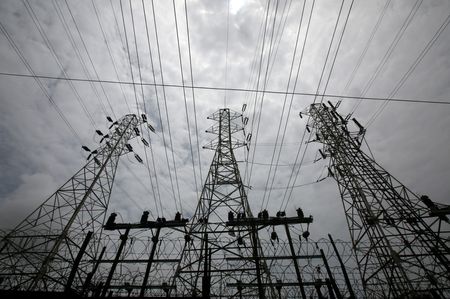(Reuters) – Tata Power is eyeing its first coal power capacity expansion in six years by boosting capacity at a plant in northern India, according to a tender document, as the country’s clean energy sector is hit by project delays and weaker demand.
WHY IT’S IMPORTANT
This is the first coal power generation capacity expansion by Tata Power since acquiring Prayagraj Power Generation Co Ltd (PPGCL) in 2019 through a joint venture.
The proposal also comes at a time the Indian government is targeting at least 500 gigawatts (GW) of non-fossil power capacity by 2030.
CONTEXT
Meanwhile, India’s renewable energy sector is facing obstacles including weak demand for tenders, land acquisition issues for projects, power agreement delays and project cancellations.
PPGCL is a 1,980 megawatts (MW) coal-powered plant in the northern state of Uttar Pradesh that is owned by the Tata Power’s associate Renascent Power.
PPGCL has now asked for an environmental impact study for expanding capacity at the existing power plant by 1,600 MW, according to a recent tender document posted by the company.
BY THE NUMBERS
India’s cumulative unsigned clean power sale agreement capacity has exceeded 40 GW.
The country added nearly 28 GW of solar and wind capacity in 2024 and despite a strong pipeline of renewable projects, fossil fuels accounted for more than two-thirds of the total increase in power generation in the same year.
India also plans to raise its coal-fired capacity by 80 GW by 2031-32, increasing the total from the current 220 GW, to meet growing domestic electricity demand.
Tata Power currently has a coal power portfolio of about 8.9 GW in six Indian states and also plans to have a clean energy capacity of more than 20 GW by 2030 from about 6.7 GW at present at an investment of $9 billion.
(Reporting by Sethuraman NR in Bengaluru; Editing by Shounak Dasgupta)










